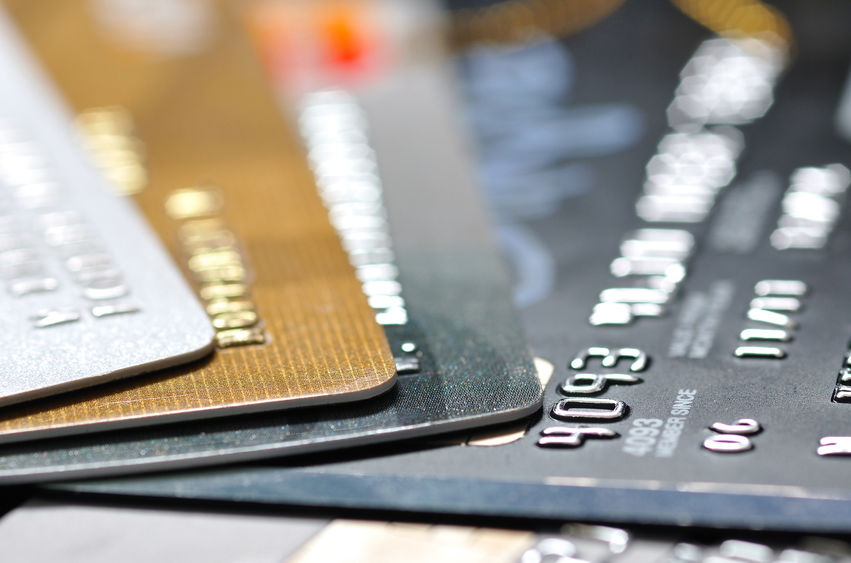 When you’re trying to escape debt, dealing with multiple accounts and due dates can be frustrating. Just as you think you’re making progress, you mistakenly miss a payment, incur a fee and take a slight blow to your credit, making you feel you’ll never get out of this vicious cycle.
When you’re trying to escape debt, dealing with multiple accounts and due dates can be frustrating. Just as you think you’re making progress, you mistakenly miss a payment, incur a fee and take a slight blow to your credit, making you feel you’ll never get out of this vicious cycle.
Debt consolidation offers an attractive way to deal with this. By consolidating your outstanding debt payments into one, it simplifies your financial life. Instead of keeping track of multiple payments and lenders, you get to focus on only one payment and lender. Moreover, debt consolidation may even help you reduce your overall debt if applied carefully.
This post explores how debt consolidation will affect your credit and if it is a good idea.
What is Debt Consolidation?
This is the process of combining several debts including, credit loans, high-interest loans and other bills into a single monthly payment, ideally with a lower interest rate and faster payoff. It’s typically used for unsecured debts like credit card debt because they carry higher interest rates.
Types of Debt Consolidation Approaches
There are two common debt consolidation approaches and they include debt consolidation loan or balance transfer card.
- Debt consolidation loan
This involves getting a personal loan with favorable terms and a lower interest rate than the current rate to pay off your current debts. You can then focus on repaying only a single debt.
- Balance Transfer Card
A balance transfer is when you repay existing debt with a new card. It involves transferring your debts to a new card, typically one with a lower interest rate. That way, you can evade the high-interest rate on some of your accounts. Note, however, that a balance transfer does not reduce the amount you owe.
Impact of Debt Consolidation on Credit Score
Debt consolidation may impact your credit score positively or negatively. That’s why you have to ensure that you critically assess your situation before you opt for it. Here are some of the facets of debt consolidation and how they influence your credit score.
- Credit Utilization Rate
Your credit utilization rate makes up 30% of your FICO credit score. The credit utilization ratio is the percentage of available credit you have at any given point. It’s simply the ratio of your credit balance to the credit limit. Therefore, if debt consolidation helps you to reduce your credit utilization rate, then your credit score will improve.
For instance, imagine you have a $5,000 balance on a card with a $10,000 limit. This means your credit utilization ratio is 50%. Let’s now assume that you move your balance to a new card with a limit of $6,000, what happens is your utilization ratio drops to zero on your former card but climbs to 83.3% (5,000 divided by 6,000) on your new card. This shows how it is important to ensure that you consolidate credit card with a higher credit limit. This way, it could help improve your score.
Furthermore, by leaving your previous accounts open after consolidation, it may help improve your credit score. Back to our example, if you had kept the former account open after transferring your balance to the new card, your total credit utilization ratio becomes 31.2% (5,000 divided by 16,000), which is less than the ideal but still an improvement.
- Payment History
Another factor that influences credit score is your history of on-time payments. If debt consolidation helps improve your ability to make on-time payments, you will see a notable improvement in your credit score, especially if you’ve defaulted multiple times in the past.
However, if you made all of your past payments on time, paying your debt consolidation monthly payments on time will have no significant impact.
Defaulting on debt consolidation monthly payments will negatively impact your credit score and may leave you in a worse situation.
- Credit Mix
Your credit mix is also considered when calculating your credit score. That’s why having a combination of revolving accounts and installments is almost always better than having just one type of account. Therefore, adding a personal loan for debt consolidation will help make the mix more varied and can potentially improve your credit score.
Wrap Up
Debt consolidation can be a great strategy if you’re able to secure a personal loan at a lower interest rate than your current average rate. That way, you can ease your debt burden and pay off your debt more quickly.
To ensure that your credit score isn’t negatively impacted by debt consolidation, make sure you do the following:
- Make your monthly payments on time. This has the greatest impact on even improving your credit score.
- Do not apply for a loan you cannot qualify for. Credit inquires may lower so score, so you have to ensure it’s worth it.
- Do not continue to make charges on your credit cards after a consolidation. This way, you just rack up smaller debts and end up in a bigger debt problem.
- Change your spending habits and do not accumulate more debts.
Contact us today for help.

